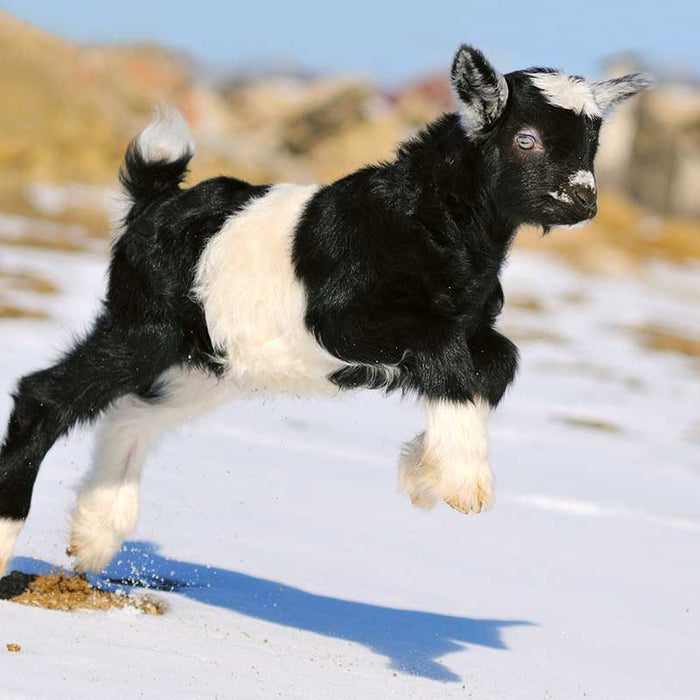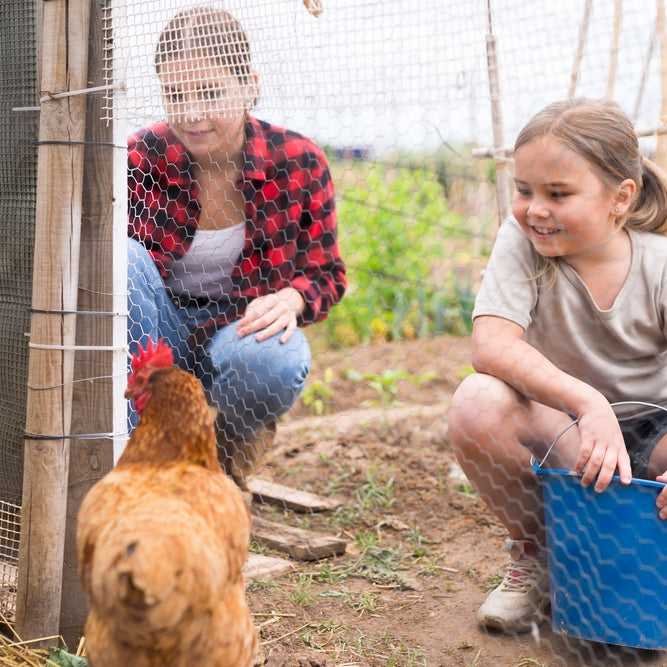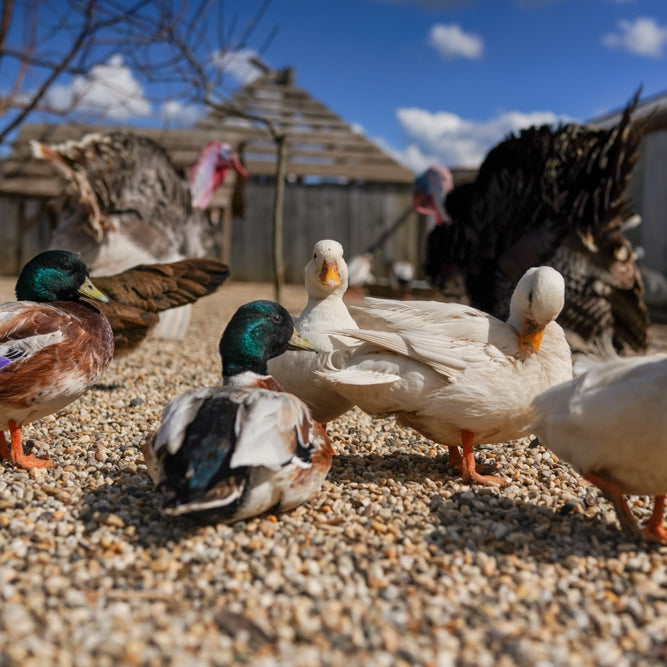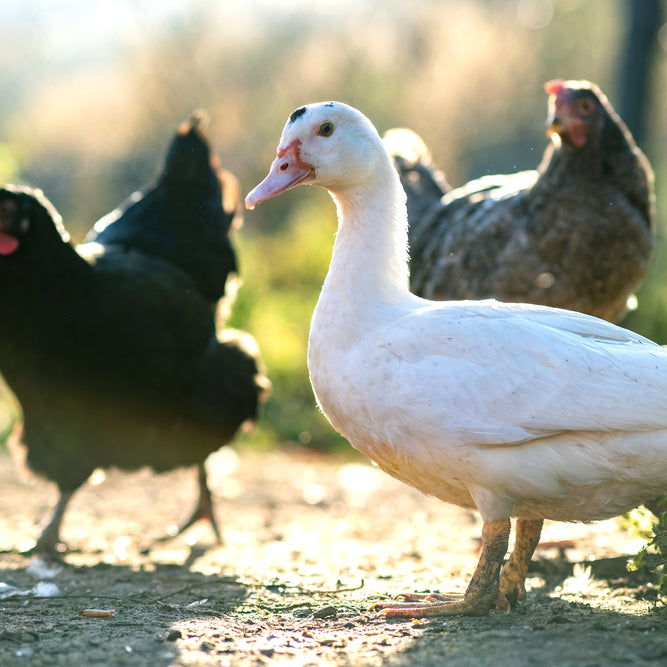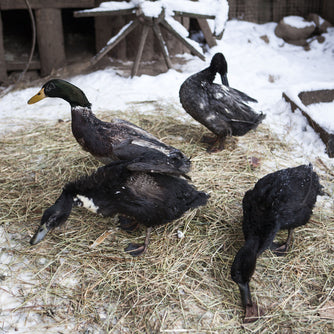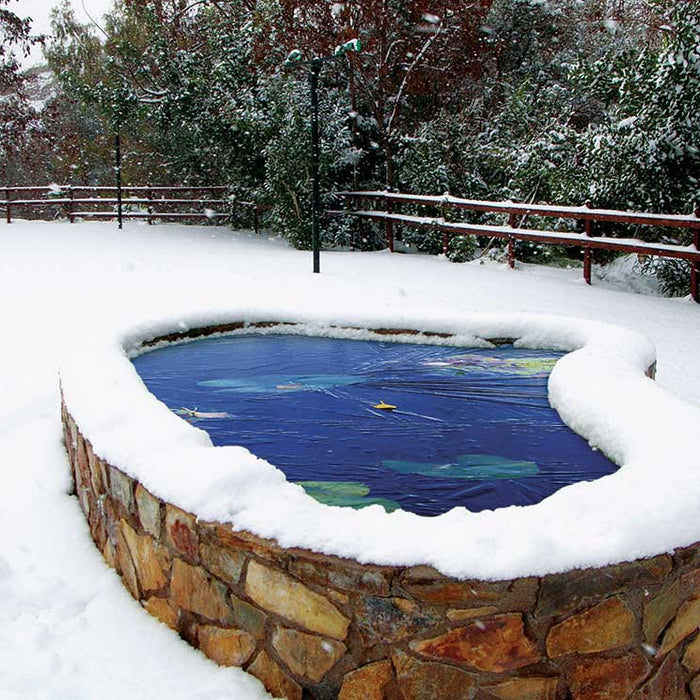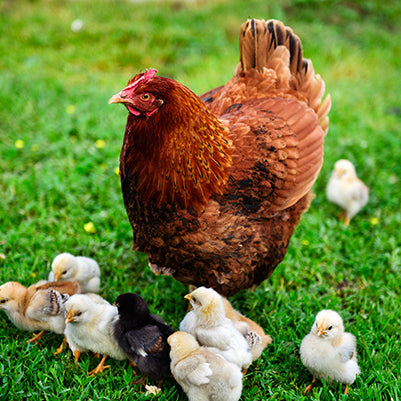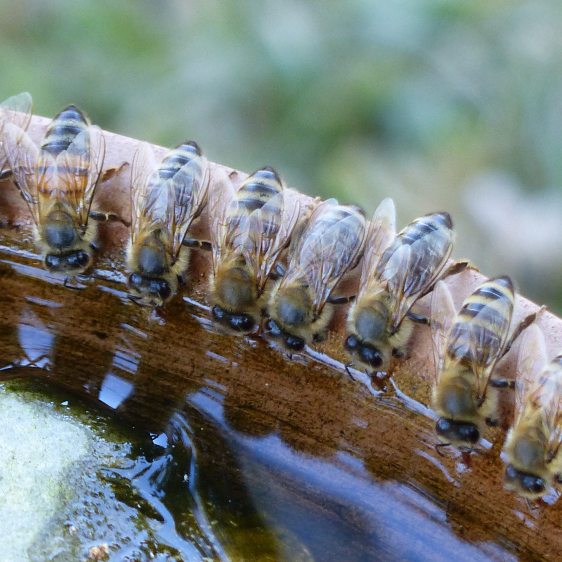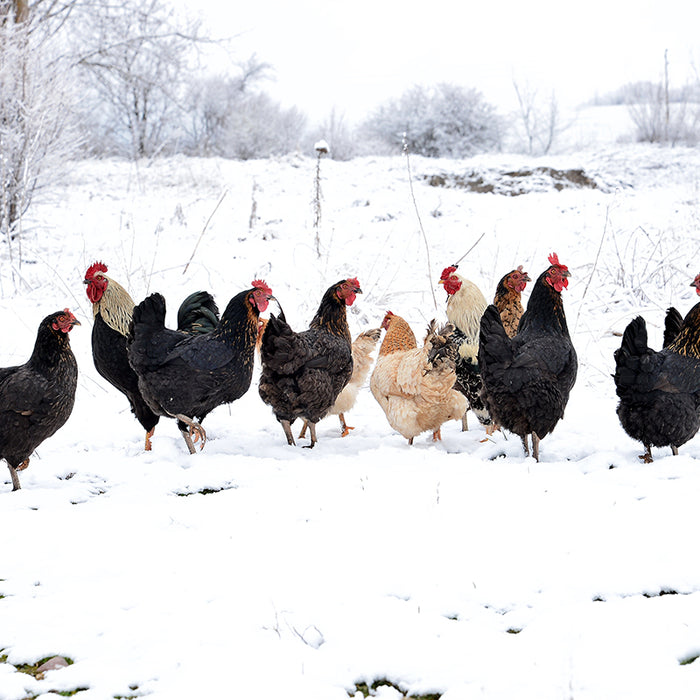
How to Keep Chickens Warm at Night
Winter's coming, and your chickens have a cozy coop outside. But is it enough to help chickens stay warm on wintry nights? Is there anything you can do (besides knitting socks) to help keep them warm? Our latest blog will help you know what you can do to keep your chickens warm at night.
Read now

